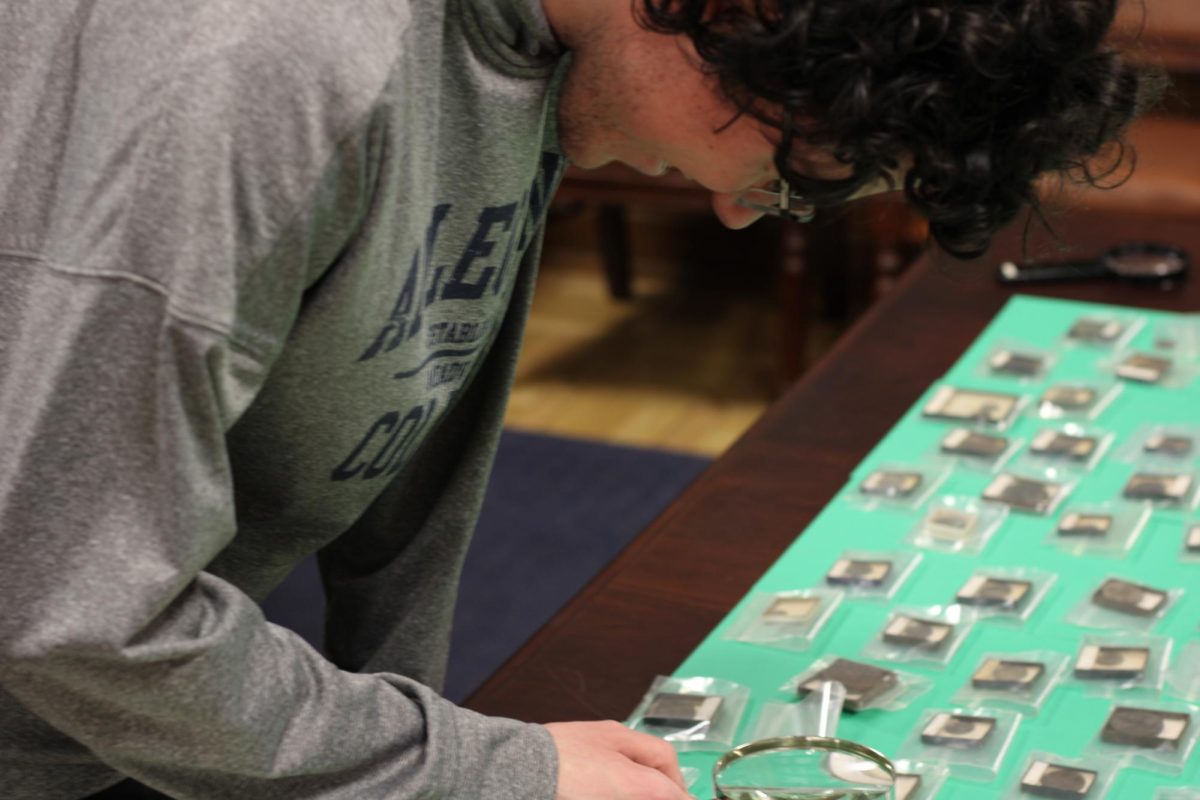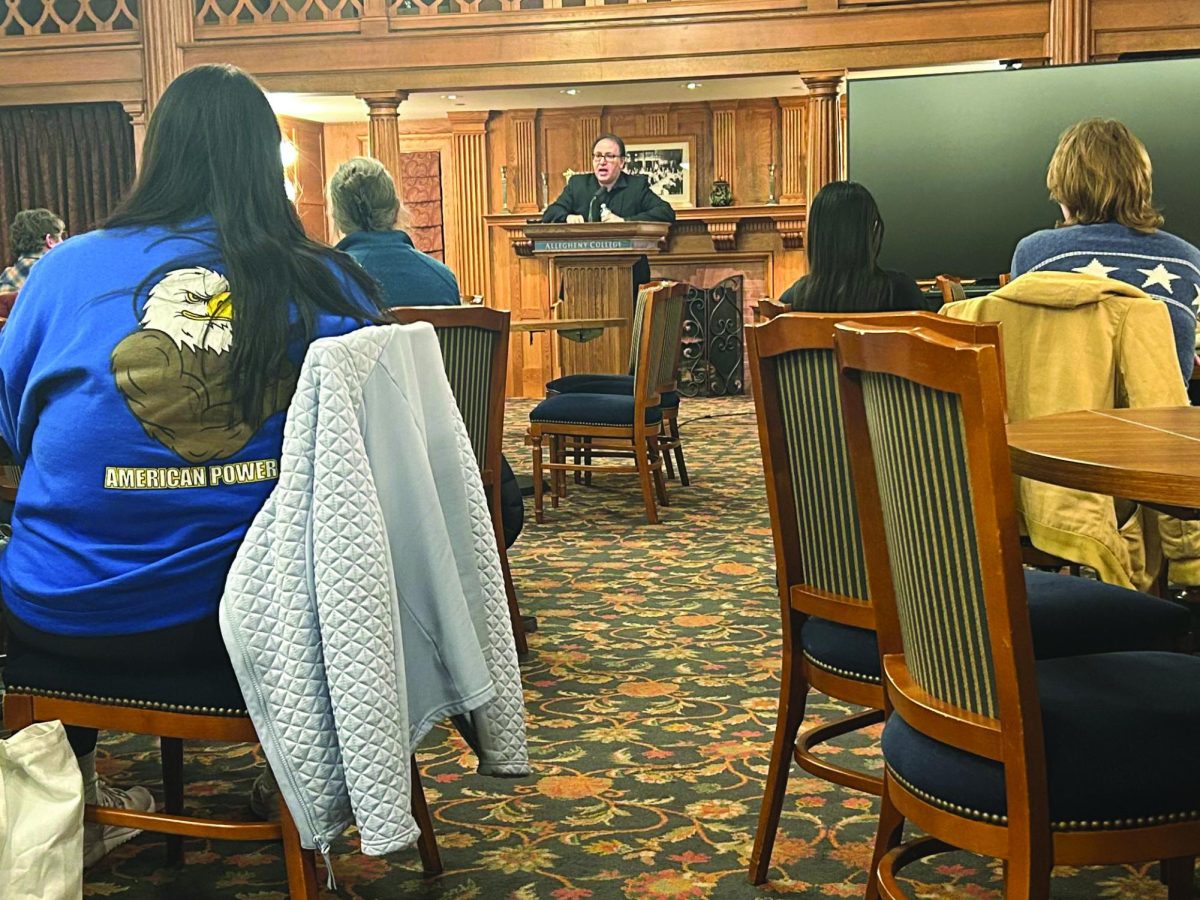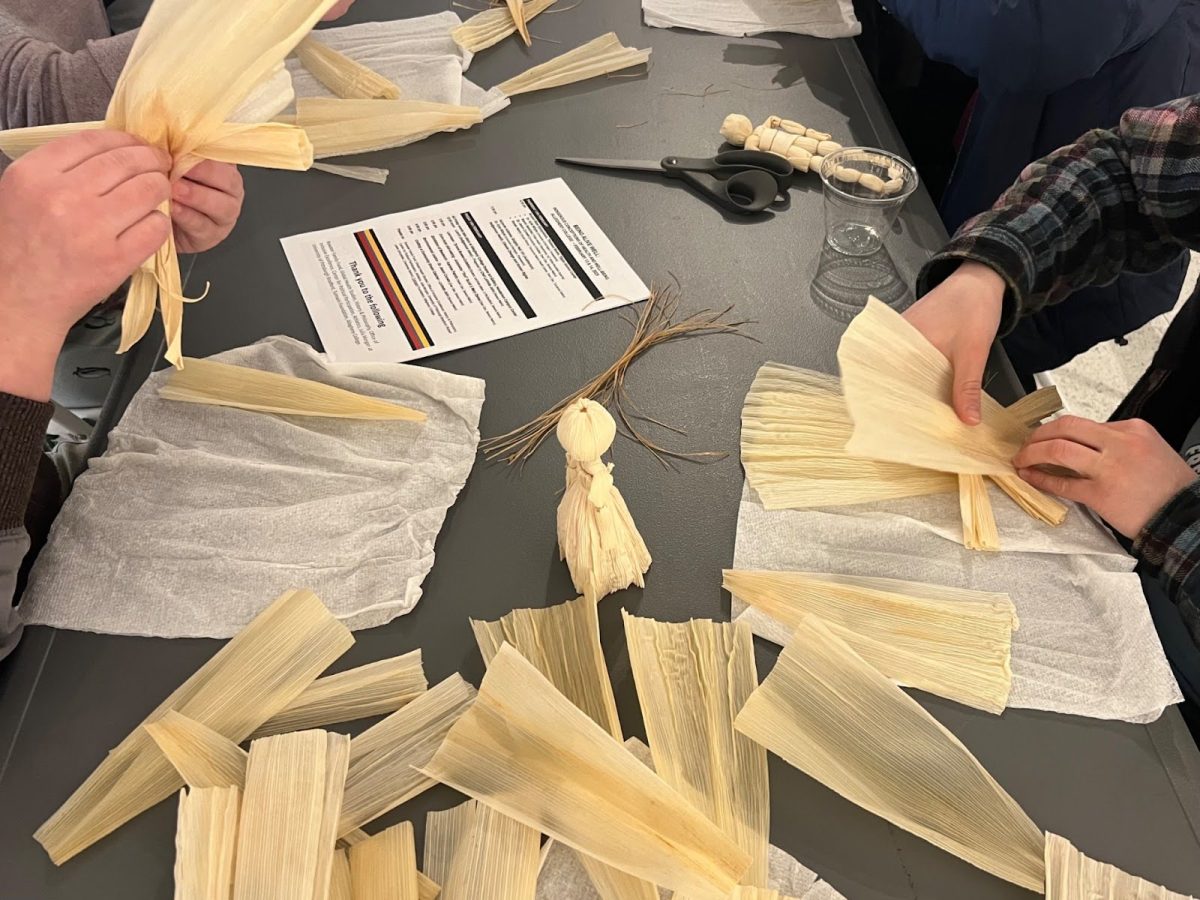History meets modernity tonight as the Single Voice Reading Series continues at 8 p.m. in the Tillotson Room of the Tippie Alumni Center, with readings from Padma Viswanathan and Geoffrey Brock.
“Both are very different,” said Courtney Zoffness, visiting assistant professor of English, of the two married writers. “Both are talented and successful writers with their own point of view.”
Viswanathan is primarily a fiction writer and playwright. Her first novel, “The Toss of a Lemon,” is loosely based on stories Viswanathan’s grandmother told her about her own grandmother.
“She was married as a child to a village astrologer who predicted his own death,” Viswanathan said. “When he passed on, she was left, a widow at eighteen, with some tough choices.”
Viswanathan brings those tough choices to life in ways that unravel and remember the stringent Indian caste systems that would have been in place during her great–great grandmother’s life.
Viswanathan believes that her novel has the potential to cross not only cultural barriers but also the barrier of time and memory that might restrict our understanding of the past.
“It’s not only Westerners who don’t have access to this world, but also Indians, now, since the book describes places and a way of life that largely do not exist anymore,” she said. “I was also aware, when Grandma told me her story, of the urgency of trying to document what I could of that vanishing world.”
“The Toss of a Lemon,” from which Viswanathan will be reading tonight, was a finalist for Amazon’s “First Novel Award.”
Brock has also received praises for his first book of poems, “Weighing Light.”
The book was awarded the 2004 New Criterion Prize, which honors formalist poets. But Brock is quick to dispel any assumption that “formalism” suggests a type of poetry that is antiquated in modern society.
“All good writers — even, and sometimes especially, so-called “experimental” writers — are formalists to one degree or another, in the sense that they are concerned with the shapes their work takes,” Brock said.
The Single Voice reading gives Brock a fitting venue for poets to fully appreciate his work.
“Poetry particularly, at least the kind I write, is meant to be heard out loud-it lives in its sounds,” Brock said.
Whether about the moment he anticipated a potential affair at a barbeque or about a poetry professor whose denture incident imbued in Brock an appreciation for the irrational (and, therefore, an appreciation for poetry), Brock’s poems can be considered anything but antiquated.
In fact, his advice to aspiring writers seems to embrace modernity: “Try to write something like it that’s true to the world as you experience it,” he said.
Following the reading, Brock and Viswanathan will be open to questions on craft as both find face–to–face events mutually rewarding.
“Books are created by real people, with real problems, and real ways of dealing with them, and it can help a young would–be writer a lot in the search for models,” Viswanathan said. “For the writer, it’s a chance to meet the people who enjoy our work, which is fun. Ours is, often, quite a solitary profession.”
“It’s always engaging for students to meet the writers, to hear the voice behind the words,” Zoffness said. “It adds a new dimension to the educational experience. It’s not just a book on a shelf anymore; it’s a real person.”






